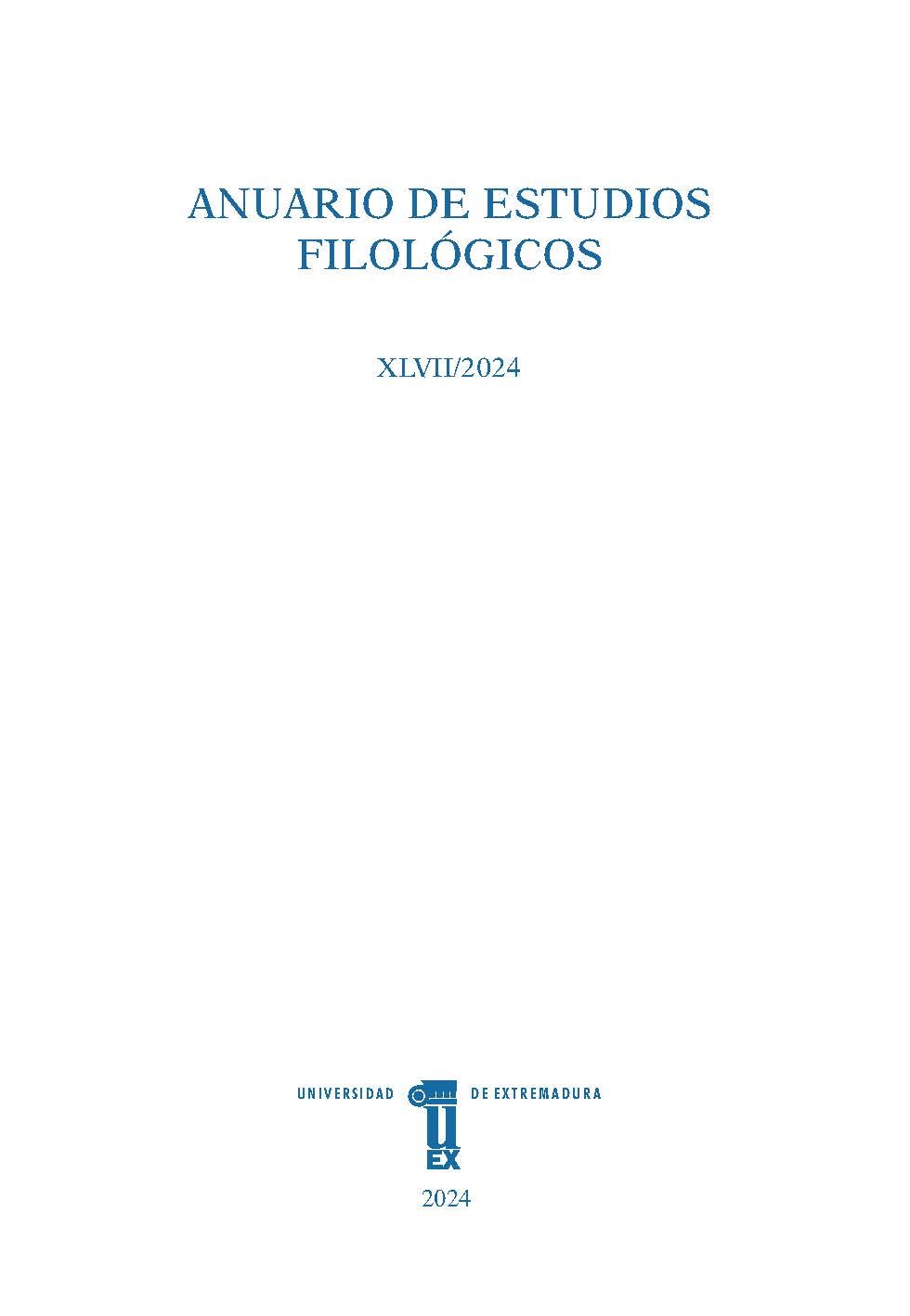Del Holocausto a la crisis de refugiados. Antisemitismo e islamofobia en Viktor hilft de Vladimir Vertlib
DOI:
https://doi.org/10.17398/2660-7301.47.123Palabras clave:
antisemitismo, Vertlib, crisis de refugiados, memoria multidireccionalResumen
En muchas de sus novelas, el escritor austriaco de origen ruso-judío Vladimir Vertlib explora de forma conjunta el pasado antisemita en Europa Central y las experiencias de violencia y discriminación que vivieron los judíos de Europa del Este en el siglo XX. En su novela Viktor hilft (2018), además, Vertlib vincula la experiencia de la diáspora judía con la llamada crisis europea de refugiados, que se intensificó a partir de 2015. Este trabajo analiza cómo en el texto se vinculan experiencias de diferentes grupos de víctimas que han sufrido la persecución y la discriminación. En primer lugar, el análisis se centra en el proceso de memoria del protagonista, que integra las experiencias de los refugiados de países musulmanes cuando se enfrenta a sus recuerdos infantiles. En segundo lugar, se estudian los mecanismos del texto para problematizar cómo se vincula el Holocausto y la actual crisis de los refugiados en el discurso público.
Descargas
Referencias
ASSMANN, Aleida (2013): Das neue Unbehagen an der Erinnerungskultur. Eine Intervention. München: C.H. Beck.
BESCANSA, Carme (2021): «Prospektives Gedächtnis, prospektive Heimat: Eine ethische Haltung in Vladimir Vertlibs Roman Viktor hilft». In Iztueta, Garbiñe et al. (Hrsg.): Heimat und Gedächtnis heute. Literarische Repräsentationen von Heimat in der aktuellen deutschsprachigen Literatur. Bern: Peter Lang, 53-66 (https://doi.org/10.3726/b18334).
CONFINO, Alon und FRITZSCHE, Peter (2002): «Introduction». In Confino, Alon und Fritzsche, Peter (Hrsg.): The Work of Memory. New Directions in the Study of German Society and Culture. Urbana-Chicago: The University of Illinois Press, 1-21.
HAINES, Brigid (2009): «Poetics of the Gruppenbild: The fictions of Vladimir Vertlib». German Life and Letters, 62.2, 233-244 (https://doi.org/10.1111/j.1468-0483.2009.01459.x).
HALBWACHS, Maurice (1994): Les cadres sociaux de la mémoire. Paris: Albin Michel.
HENKE, Daniela (2020): «Von der Singularitätsthese zur Ko-Erinnerung: Prolegomena zu einem Paradigmenwechsel». In Henke und Vanassche (2020: 3-20).
HENKE, Daniela und VANASSCHE, Tom (Hrsg.) (2020): Ko–Erinnerung. Grenzen, Herausforderungen und Perspektiven des neueren Shoah-Gedenkens. Berlin-Boston: Walter de Gruyter (https://doi.org/10.1515/9783110622706).
KAISER, Konstantin (2008): «Erster Versuch über Tamar Radzyner». In Kucher, Primus-Heinz et al. (Hrsg.): Ohnmacht und Empörung. Schriften 1982-2006. Wien-Klagenfurt: Theodor Kramer-Drava, 325-337.
KNITTEL, Susanne C. (2015): The Historical Uncanny. Disability, Ethnicity, and the Politics of Holocaust Memory. New York: Fordham University.
LEVY, Daniel und SZNAIDER, Nathan (2006): The Holocaust and Memory in the Global Age. Philadelphia: Temple University.
MIŠA, Glišič (2019): «Hybride Konstruktionen als identitätsstiftende Verortung in Vladimir Vertlibs Roman Viktor hilft». Studia theodisca, 26, 5-23 (https://doi.org.10.13130/1593-2478/12277).
ÖTTL, Johanna (2020): «Flüchtlingskrise und NS-Erinnerung: Zu einem aktuellen Diskurs bei Norbert Gstrein und Vladimir Vertlib». In Henke und Vanassche (2020: 99-118).
ROTHBERG, Michael (2009): Multidirectional Memory. Standford: Standford University.
TABERNER, Stuart (2021): «Narrative and Empathy: The 2015 Refugee Crisis in Vladimir Vertlib’s Viktor hilft and Olga Grjasnowa’s Gott ist nicht schüchtern». German Life and Letters, 74.2, 247-262 (https://doi.org/10.1111/glal.12299).
VERTLIB, Vladimir (2018): Viktor hilft. Wien: Deuticke.



